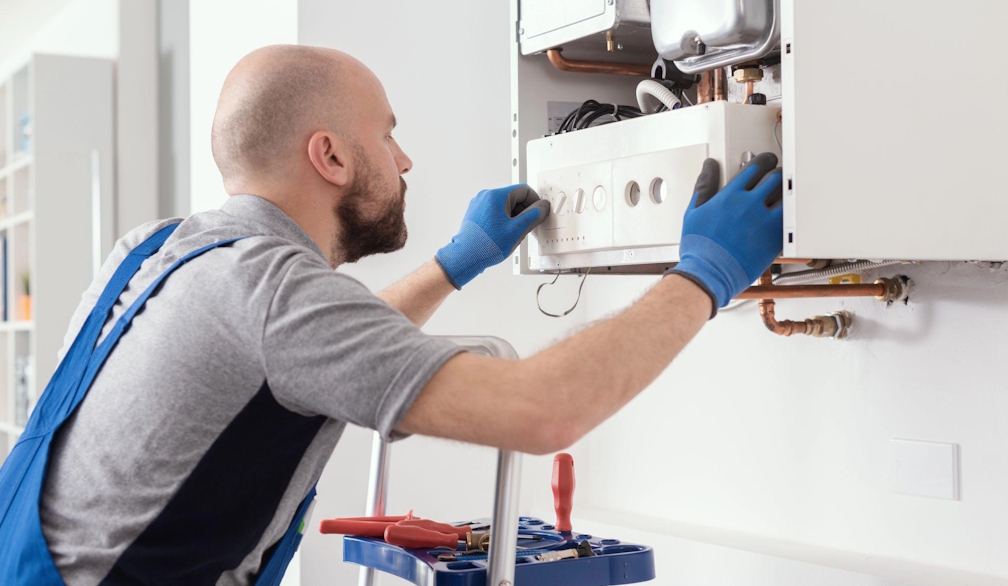Top Tips for Preventative Maintenance of Gas Hot Water Systems

Regularly maintaining gas hot water systems is crucial for households and businesses. Not only does it ensure a steady supply of hot water, but it also guarantees the system runs efficiently, lasts longer, and reduces energy costs. Preventive maintenance helps in avoiding common gas hot water issues, which often stem from neglect, causing disruptions and sometimes expensive repairs. This article aims to offer practical tips to keep your gas hot water system in top condition.
Understanding Your Gas Hot Water System
A gas hot water system heats water using natural gas, an efficient and often cost-effective energy source. Understanding how these systems work can assist in pinpointing potential problems early. Typically, your system includes a gas burner, thermostat, gas control or valve, and pressure relief valve.
Regular attention to these components is essential. If you notice unusual sounds, fluctuating water temperatures, or water discolouration, it might indicate your system requires maintenance. Consulting your system's manual is important, as each model can have unique maintenance requirements and troubleshooting steps that could help in identifying early signs of trouble.
Regular Inspection for Efficient Performance
Regular inspections are key to maintaining the efficient performance of your gas hot water system. It's generally recommended to carry out a visual inspection every six months. Keep an eye out for leaks, as they can indicate a more serious issue, such as corrosion, which might require immediate attention.
During your inspection, check for any signs of rust or corrosion on pipes and the tank. Even minor corrosion can escalate into major damage, disrupting the system's functionality. While DIY inspections can often identify surface-level issues, enlisting a professional for a thorough examination annually is advisable. Professionals possess the skills and tools to detect subtle problems that might be missed otherwise.
Flushing the Tank for Optimal Operation
Flushing the tank is a critical maintenance task. Sediments like minerals and debris tend to accumulate in the tank over time. If left unchecked, these can lead to inefficiency and increased energy usage, as the system works harder to heat water.
To flush the tank, start by turning off the gas supply and water inlet. Attach a hose to the drainage valve at the bottom of the tank, running the other end to a suitable drainage location. Open the valve and allow the tank to empty, then reopen the water supply to flush out any remaining sediment. It's often recommended to perform this task once a year, though the frequency can vary based on your water supply's hardness. Ignoring tank flushing can lead to severe issues like leaks or even complete system failure.
Testing the Pressure Relief Valve
The pressure relief valve is a vital safety feature of your gas hot water system. It helps release excess pressure to prevent tank explosions. Testing this valve should be part of your regular maintenance routine.
To test the valve, place a bucket under the discharge pipe to catch any water. Carefully lift the valve’s handle to allow water to exit the tank. If water gushes out strongly, the valve is functioning correctly. However, if there’s just a trickle or no water flow, it indicates the valve might need replacement. It's crucial to address any valve issues promptly to manage the risk of significant safety hazards and ensure the system operates under safe conditions.
Keeping the Area Around the System Clear
Ensuring the area surrounding your hot water system is clear of clutter is not just about cleanliness; it’s a significant safety measure. Clutter can interfere with the system's ventilation, causing overheating or even a fire hazard.
Maintain at least a two-foot clearance around the system. This prevents any accidental blocking of vents or airflows required for the system to function properly. Avoid storing flammable materials or cleaning supplies nearby, as they can pose safety threats. Keeping the area clean and organised not only improves the system’s efficiency but also extends its lifespan by preventing potential damage.
Conclusion
In summary, regular preventative maintenance for gas hot water systems offers numerous benefits, from improving efficiency and extending the system’s life to reducing energy costs and preventing costly repairs. Simple tasks like routine inspections, flushing the tank, testing the pressure relief valve, and maintaining a clean space around the system can significantly impact its performance and safety.
When in doubt or facing complex issues, seeking professional help ensures your system is serviced with expert care. Consistent maintenance habits not only keep the hot water flowing but also contribute to creating a safer, more energy-efficient household or business environment.

















